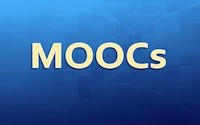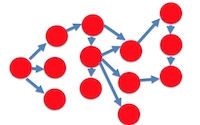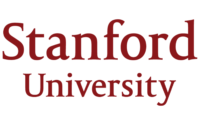
Factors influencing peer learning and performance in MOOC asynchronous online discussion forum
Most studies on traditional asynchronous online discussion suggest that facilitating dialogue, that is, commenting forum activities, result in better learning and performance. However, due to open entry and diverse learner backgrounds, learner behaviour in massive open online courses (MOOCs) may be different. Viewing forum messages, which involves fewer mental and physical actions as well as […]













